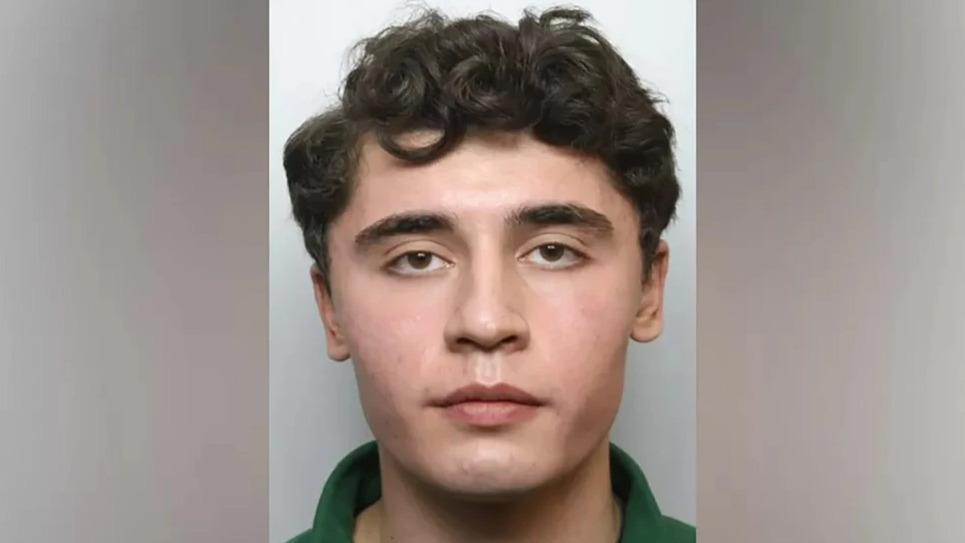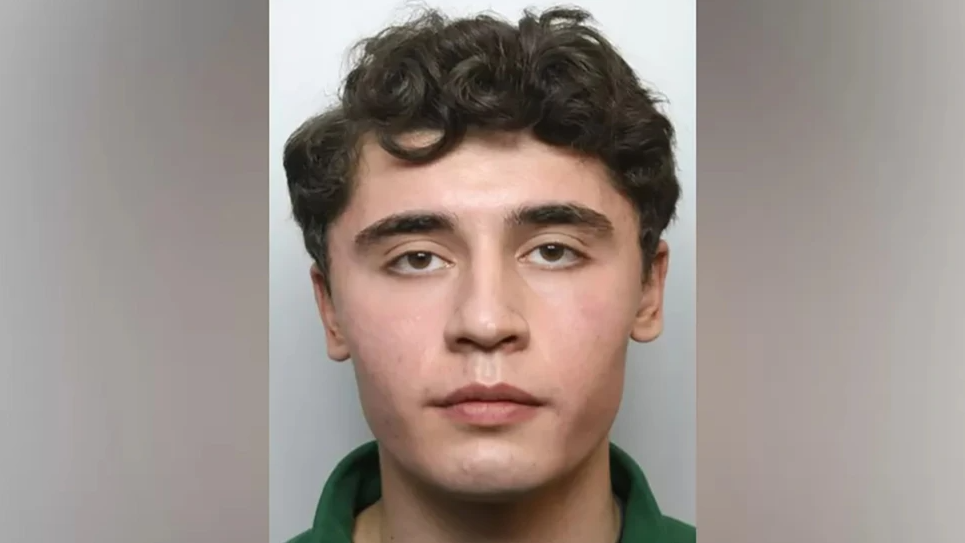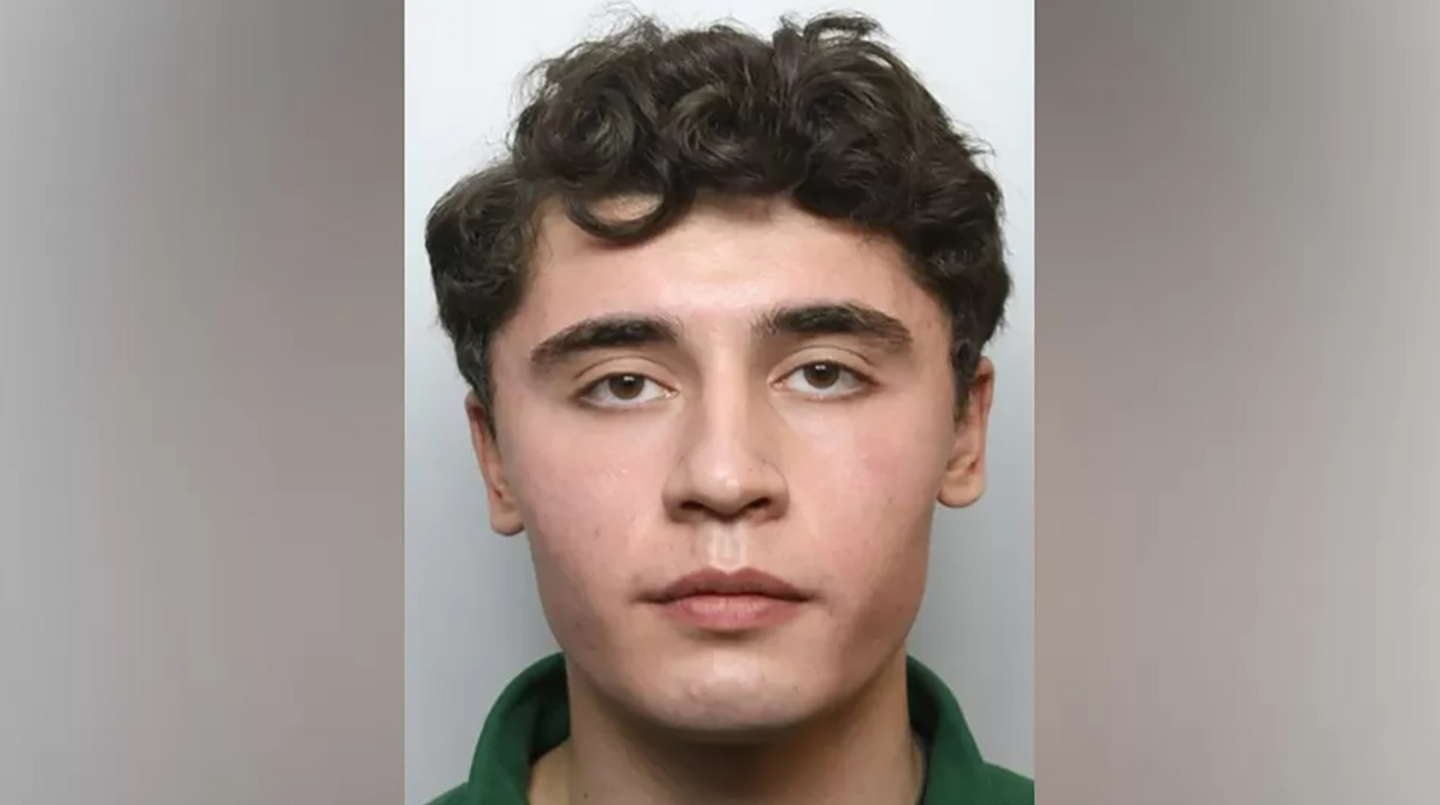Ex-soldier used Facebook to make first contact with Iran, court hears

- Published
A former British soldier accused of spying for Iran first tried to make contact with the Iranians by sending a Facebook message, a trial has heard.
Daniel Khalife, 23, is on trial on charges of collecting sensitive military information for Iran as well as escaping from prison.
Woolwich Crown Court heard Mr Khalife found Hamed Ghashgavi, a man connected to Iran's Islamic Revolutionary Guard Corps (IRGC), on the social media site after reading a news story about him being sanctioned by the US.
Mr Khalife denies all the charges.
Speaking about his first contact with Mr Ghashgavi, Mr Khalife told officers he "found him on Facebook and made contact with him."
The court heard that as his relationship with Mr Ghashgavi and other Iranian contacts developed, Mr Khalife was told to travel to a north London park to collect money.
At the park, Mr Khalife saw four of the "creepiest, scariest guys I've ever seen" in a car - who he believed were connected to the IRGC - and collected £1,500 left in a dog poo bag.
Mr Khalife took a picture of the bag, with the money inside, and sent it to his Iranian contacts who wanted proof that he had received it, the court heard.
The former soldier later told police that he had produced a number of "fake documents" to help convince the Iranians to trust him, Woolwich Crown Court heard.
"Things started to get serious," he told officers, "they finally started to believe what I was saying."
Police found a number of "completely fake" documents in Mr Khalife's room at MoD Stafford when he was arrested in January 2022, the jury heard.
The fabricated documents included a letter from former Defence Secretary Ben Wallace to the head of MI6 with a "set of orders... in regards to Iran", and another with a Ministry of Defence header called "Iran's nuclear ambitions", jurors were told.
Mr Khalife told his contacts he was in "some Gucci unit" in the army, the court heard.
He later created a fake email account and contacted MI6, claiming he wanted to work as a "double agent", the jury was previously told. In a message to MI6 under a false name, Mr Khalife said he had been asked to provide the Iranian government with information and had sent them a fake document for which they paid $2,000 (£1,500) left in a dog poo bag.
Mr Khalife, who was brought up in Kingston, south-west London by his Iranian-born mother, joined the Army in September 2018, two weeks before his 17th birthday, the jury heard.
After completing a 23-week course at the Army Foundation College in Harrogate, North Yorkshire, he joined the Royal Corps of Signals which provides communications, IT and cyber support.
The court previously heard that Mr Khalife underwent and passed security clearance before starting his specialist training in 2019, and completed the year-long course in early 2020.
He was then posted to the 16th Signal Regiment in Stafford, which delivers sophisticated digital communication and satellite services to the army.
Mr Khalife later absconded from his barracks in January 2023 after being released on bail.
He is alleged to have escaped from HMP Wandsworth in south London while on remand on terror and espionage charges by strapping himself to the underside of a food delivery lorry on 6 September 2023.
He was arrested on a canal towpath in west London three days later.
The trial continues.
Additional reporting by PA Media.
Related topics
- Published8 October 2024

- Published11 October 2024

- Published10 October 2024
